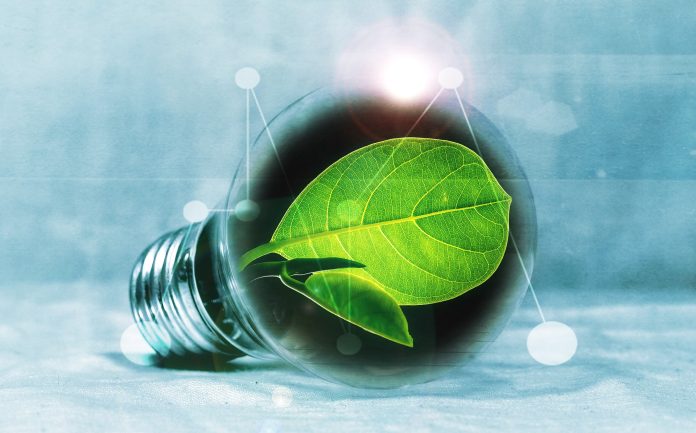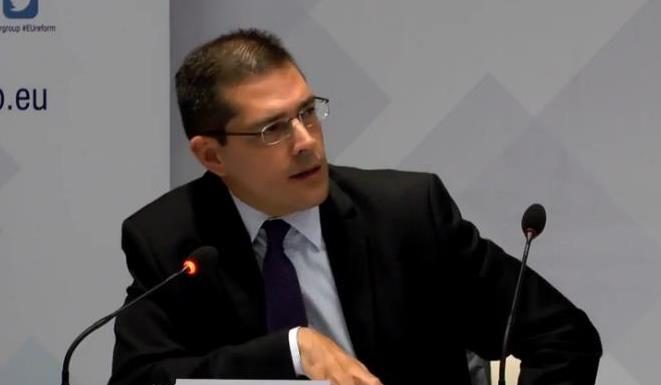By international affairs specialist Glen Hodgson of Swedish think tank Free Trade Europa
Ahead of the EU elections to be held in June 2024, it is vital that the European institutions change tack in order to pursue international partnerships and mutual cooperation on trade, climate and sustainability issues.
It is possible to meet sustainability goals while increasing trade with the Global South. Sadly, the Green Deal is currently failing in these goals since the EU has adopted the wrong strategy to achieve these objectives. At the same time, trade barriers are being erected while potential trading partners are being ignored and antagonised.
Until 50 years ago, CO₂ emissions developed in lockstep with economic growth in France.
Since the early 1970s, the opposite has been true: emissions declined as people in France got richer. pic.twitter.com/Qv9YeiX5eL
— Max Roser (@MaxCRoser) April 3, 2024
The EU would be better served leading by example, rather than diktat. Building a global consensus on free market principles would also be more powerful and sustainable. Concrete actions should include establishing a dialogue and engaging countries in the regulatory and standard-setting process. Going further, this should cover the recognition of global norms and underline that countries have differentiated levels of responsibility in reaching the overall objective.
Embrace – rather than antagonise – the Global South
The EU could use trade to strengthen partnerships with like-minded countries, particularly in the Global South, while advancing its green goals. Collaborating on reducing greenhouse gas emissions and accessing sustainable resources, trade offers economic and environmental benefits. By leading sustainability coalitions, the EU could influence global policies effectively, while acknowledging and supporting environmental progress made by developing country partners.
The EU’s Green Deal: a current barrier to trade and global partnerships
It is a great pity – and lost opportunity – that the EU is not reaching out to global partners and recognising positive change. Instead, the EU’s Green Deal has becoming a byword for protectionism and intransigence. International trading partners are seeing their commodities being targeted with trade barriers and the new EU Regulation on Deforestation (EUDR) represents a perfect case in point.
A far better approach than adopting draconian measures would be to instigate a dialogue between the EU and relevant country representatives in order to recognise achievements and build on current best practice in a spirit of cordial cooperation.
great read: A Free Market Clean Sweep for the Climate Policy Mess https://t.co/yWAs0qdsv5 via @brussels_report @Berlin_affairs
— Berlin Kommunikation (@Berlin_affairs) October 20, 2023
Increase trade with friendly democracies
The EU should leave its current isolationist path and engage with friendly democracies across the globe like Malaysia, Indonesia and Mercosur members to strengthen trade and promote open markets. In a world increasingly marked by polarisation and fragmentation, it is more important than ever before that the EU sets a good example and acts as an open and global trading partner, rather than a “Fortress Europe”. This is fundamental to the ethos of the EU but also represents enlightened self-interest in that friendly democratic countries are large markets for EU products and services with significant, skilled populations which also enjoy high growth rates. This runs in direct contrast to the low growth and ageing populations that make up the majority of the EU.
Time for an EU reset
The EU should follow a similar path to inclusion and collaboration, rather than inflexibility and isolationism. By pivoting to a new approach, the EU should extend a welcoming hand to developing nations, especially from regions such as ASEAN and Latin America, who have an integral constructive role to play in the green transition. They are part of the solution, rather than part of the problem, and if the EU recognises this and changes their approach, there are a number of willing partners across the ASEAN region who are prepared to engage and work towards the same goals in a spirit of partnership rather than enmity.













